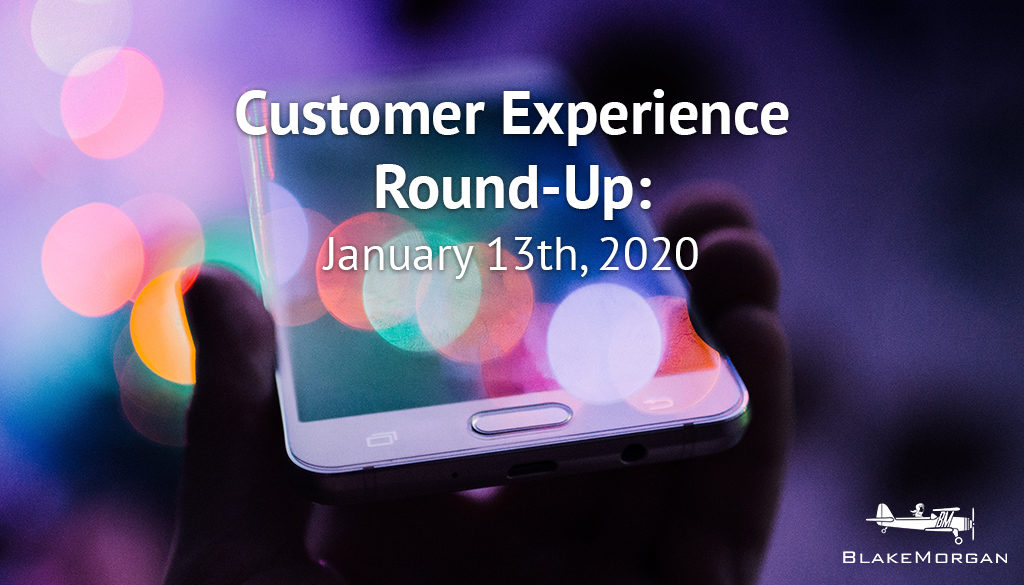CES is the biggest tech show of the year and the place where big companies often unveil their newest concepts and gadgets. If it’s going to make a splash in tech in the coming year, there’s a good change it’s at CES. The annual show wrapped up last week with a wave of new products and announcements that will not only impact customers but how brands interact with them and deliver great customer experiences. Here are the three biggest CX-related announcements from CES 2020.
Samsung Unveils Artificial Human Video Chatbots
Chatbots have proven to be incredibly useful in recent years, and they could soon get an upgrade. Samsung introduced Neon artificial humans at CES 2020. Instead of being a typical voice assistant or robot, Neon is a video chatbot that converses with people on a screen in a very lifelike way. Much like a voice or text chatbot, Neon can answer questions and solve issues. The more humans converse with Neon, the smarter the technology gets to deliver customized responses and make proactive recommendations.
Neon is the next step in chatbot development and has numerous potential applications. Brands could use artificial human chatbots to connect with customers, offer personalized financial advice or serve as stylists or teachers. Samsung even said the technology could be used to replace newscasters, spokespeople and a variety of other jobs typically held by humans. Although Neon appears to be fairly lifelike, there is still the hurdle to overcome of humans being hesitant to talk to a robot and share personal information.
Toyota To Build Driver-less City To Test Technology
Toyota will soon expand beyond its car manufacturing to build an entire city in Japan. But the Woven City won’t be your typically metropolis. Instead, Toyota will turn a 175-acre plot of land into a futuristic city over the next few years that will have real residents. The Woven City won’t have any drivers but instead will serve as a living laboratory for autonomous cars and other technology, including robots, automation, connected smart homes and more. The new city allows Toyota to test new technology in a controlled environment that mimics the real world.
Connected cities will play a major role in the future, and Toyota is preparing for that future by building its own living laboratory. This unique city will allow the world to see how technology actually works with real people. Not every company needs to build a test city, but every company should be aware of new technology and find innovative ways to apply and test their ideas. This example shows that future technology will be integrated into our everyday lives and something consumers come to expect in everything they do.
Foldable Screens Are The Future
One of the biggest tech trends at CES was foldable computer screens. Lenovo, Dell and other companies unveiled tablets and laptops that can be folded in half because of their flexible screens. Most of the ideas are still just concepts, but Lenovo has a plan to release its foldable tablet later this year. Developing a foldable screen involves more than just the hardware but also requires a new software system, which many companies are still developing.
The idea of folding their computer or tablet in half may cause anxiety for some consumers, but it shows how far tech has changed to become portable and convenient. Just a few years ago, consumers were satisfied with small cell phone screens, but now they want larger screens to take with them on the go. As new technology like foldable screens is announced, brands need to adapt their technology strategies. Brands that are on the cutting edge of integrating with new technology like foldable screens will have a leg up on the competition.
Technology is constantly evolving and plays a major role in customer experience. Much of what was unveiled at CES 2020 would have been unthinkable even just a few years ago. Looking towards the future and finding innovative ways to apply new technology can give brands a leg up on the competition and help them better connect with and serve their customers.
Blake Morgan is a customer experience futurist, keynote speaker, and the author of two books including her new book The Customer Of The Future. You can learn more by signing up for her newsletter here.

